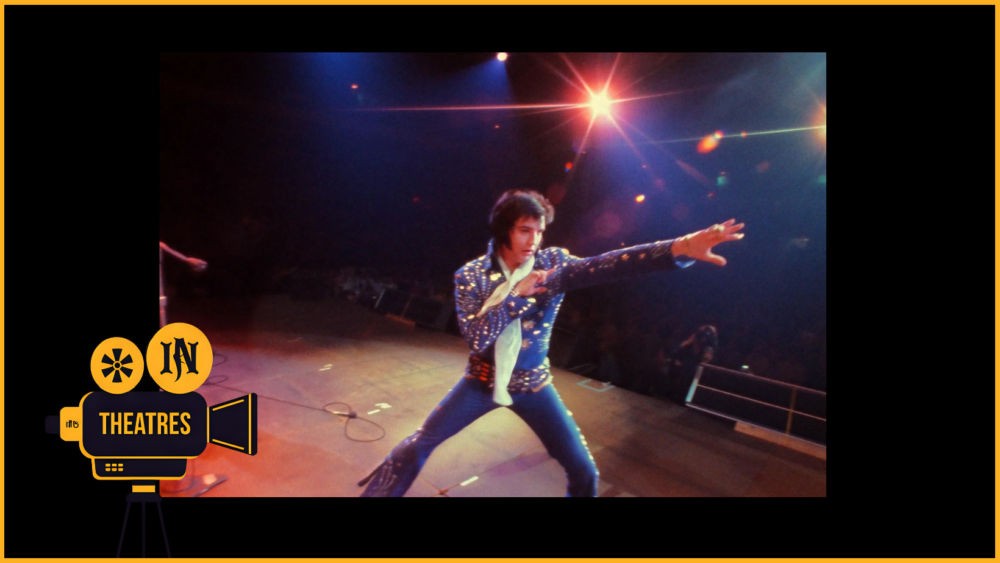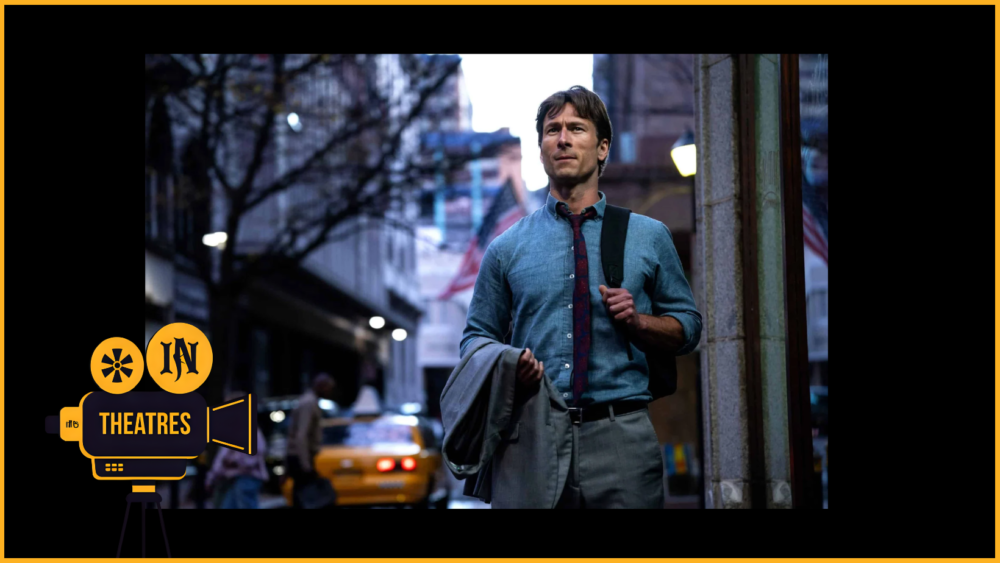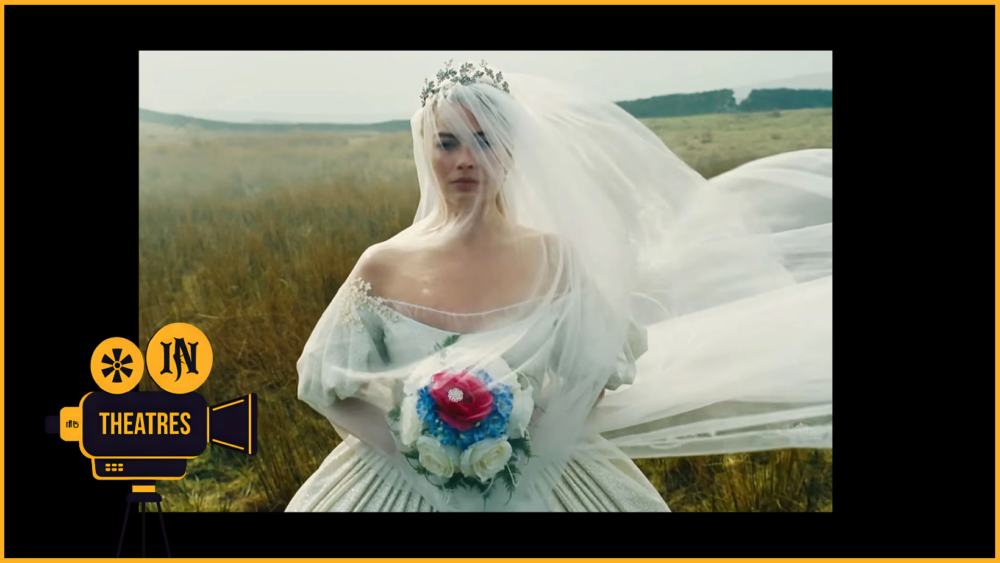
It’s almost time for the 4th of July. A day of fireworks, celebration, relaxation. And enjoying movies (depending on the weather in your part of the nation). This series has been all about 80’s sci-fi movies. And it would be a crime against movie-lovers if one very specific set of movies was not touched upon. They are a bedrock of 20th century and modern science-fiction franchises. Often going toe-to toe with their counterpart over at the Disney/Lucasfilm group.
This reviewer is speaking, of course, about Star Trek. And today’s Cinema Sunday will feature one of the most famous of all the Star Trek movies. So famous in fact, that it experienced some pseudo-replication near the end of Star Trek: Into Darkness. Grab a phaser, engage to Maximum Warp, and get ready because it’s time for Star Trek II: Wrath of Khan!
Star Trek is one of those series that is a constant, always there, always building upon its previous success (and sometimes failures). In the case of Wrath of Khan, this was a success, that was a rather dangerous one to expect.
Despite the popularity of the Star Trek TV series, a movie was a calculated risk. When Stark Trek: The Motion Picture was released in 1979, it performed well numbers wise, but was received negatively by critics and had a lukewarm reception. Thus when Gene Roddenberry penned a sequel script, it was rejected by the executives of Paramount and he was given the honorary title of “creative consultant.”
There was still interest, so the task was passed to Harve Bennett as the new executive producer. After screening all of the original episodes, Bennett determined that Khan Noonien Singh would be the villain of the sequel. A first treatment was written in 1980, with Jack. B Sowards hired to pen the physical script. With much writing and input from Harve, there were still issues in dealing with plot points. Enter the man who would be the co-writer of the script and also director, Nicholas Meyer.
Nicholas, a known author and director, was called in to help resolve the story. Not only did he write a script in 12 days to pass along to the special effects department, he did it for no pay and no credit. Utilizing all the best elements of Sowards’ script and elements pulled from earlier drafts, the end result was the movie known and loved today. Describing it as “‘Hornblower’ in outer space”, utilizing nautical references and a swashbuckling atmosphere” (Terry Rioux, 243), there was admittedly pushback from Roddenberry, however his complaints were ignored.
Since this was a Star Trek film, that meant the bulk of the cast were familiar Star Trek faces. And of course, the return of Ricardo Montalban as the infamous Khan. New faces were brought in as well, Kirstie Alley as Saavik, Spock’s protege, Paul Winfield as Captain Terrell, Ike Eisenmann as Cadet Preston, Bibi Besch as Dr. Carol Marcus and Merritt Butrick as David, Kirk’s son
Every member of the cast, old and new gave sterling performances. Being a part of Star Trek means becoming a part of something big, something larger then life. It is a franchise that is all encompassing, ever-growing, ever-expanding outward. They all left their mark in ways that will forever stick in the hearts and minds of Star Trek fans everywhere.
For special effects, camera, lighting, and much of the behind-the-scenes work not covered here, there is this to offer. A wonderful ‘making of’ video with anecdotes from many of the cast and crew.
However, it would be a crime to talk about Wrath of Khan and not mention one of the most poignant parts of the movie…the sacrifice of Spock to save the Enterprise and her crew from death. Even at the cost of his own life. It is a scene, along with his funeral, that still brings emotion to the core of this reviewer. Spock is one of the most beloved figures in Star Trek lore. Leonard Nimoy, the man who gave Spock a face and personality, always put his all into the role. And Spock’s death, may be the finest aspect of that performance to date.
At the time of its release, critics heaped more praise on the sequel than its predecessor. New York Times critic Janet Maslin said the following with regards to it:
NOW this is more like it: after the colossal, big-budget bore that was ”Star Trek: The Motion Picture,” here comes a sequel that’s worth its salt. The second Star Trek movie is swift, droll and adventurous, not to mention appealingly gadget-happy. It’s everything the first one should have been and wasn’t.
As its title suggests, ”Star Trek II: The Wrath of Khan” has a much stronger plot than its predecessor. That helps, but it’s not the only improvement. This film also has the gamesmanship that the first one lacked, a quality that helped win the ”Star Trek” television series its amazingly devoted following. Maybe it’s just that there are more and brighter blinking lights on the control panels of the Starship Enterprise this time, or that the costumes are so much cleverer, or that the special effects are so good they don’t call undue attention to themselves. Perhaps it’s the directorial switch from Robert Wise (”The Hindenburg” and ”The Sound of Music”) to Nicholas Meyer (”Time After Time”) that has brought the material more pep. In any case, this time something has most assuredly gone right.
For any Star Trek fans, young and old, Wrath of Khan is one of the main staples of the original series. It brings to light again all the best elements that made up the TV series. And while today is a day to certainly be outside (if one is brave), it is most certainly more of a day for indoor activity. Playing games, reading books, spending time with loved ones. Maybe pop in a copy of Wrath of Khan on a big TV, or check it out from one’s local library. Boldly go once more with Kirk, Spock, and all the rest of the Enterprise and continue to bask in the warmth and joy of a fine piece of sci-fi movie magic.









